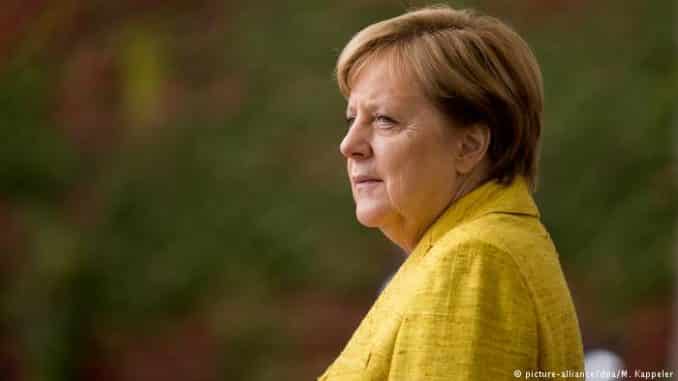
Germany’s two biggest political parties — the conservative Christian Democratic Union (CDU), together with the Bavarian sister part the Christian Social Union (CSU) and the Social Democratic Party (SPD) — agreed on a 177-page paper that lays out the policies the new government has committed to pursuing over the next four years in power.
The agreement, which was finalized more than five months after September elections, represented an important victory for Angela Merkel, who is expected to serve her fourth and final term as chancellor at the helm of another “grand coalition.” The SPD rank-and-file voted in favor of the deal in early March, the last major hurdle for forming the government.
The Key Points of The Contract
Refugees/Family reunification: The previous government (also a CDU/SPD grand coalition) had suspended the right of refugees with a “limited protection status” to bring their families over. The new coalition deal says this will be limited to 1,000 people per month. On top of that, the number of asylum-seekers taken in altogether is to be capped at between 180,000 and 220,000 per year.
Europe: The parties underlined the importance of European Union reform and said Germany wants to work closely with France to protect the eurozone from global crises. The new government would be willing to pay more into the EU budget, while the parties stressed that budgetary discipline remains crucial.
Defense and development: The coalition agreement is vague on this point, committing to spending an additional €2 billion ($2.46 billion) on “international responsibility” and mid-term plans to invest roughly €9 billion more, but the topic remains a contentious one between the parties. Any investments in development will be tied to increased defense spending.